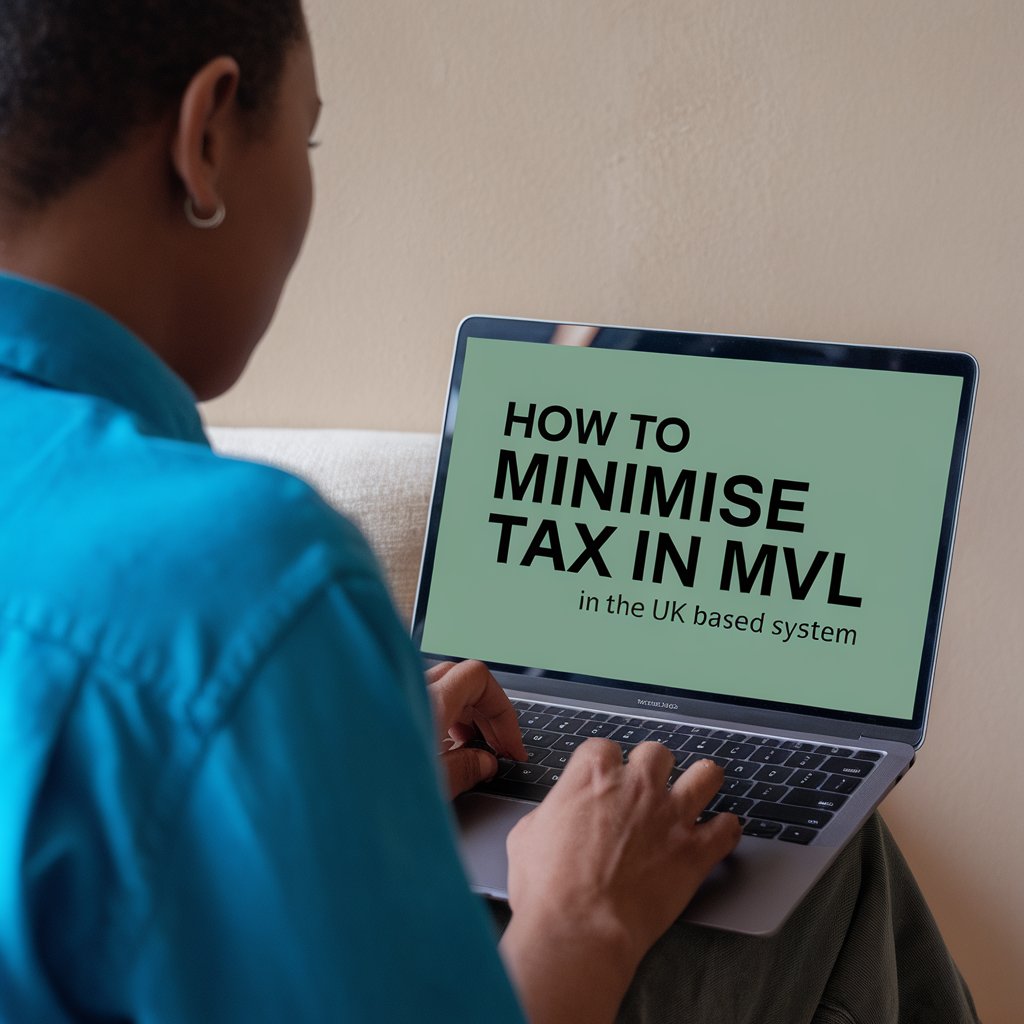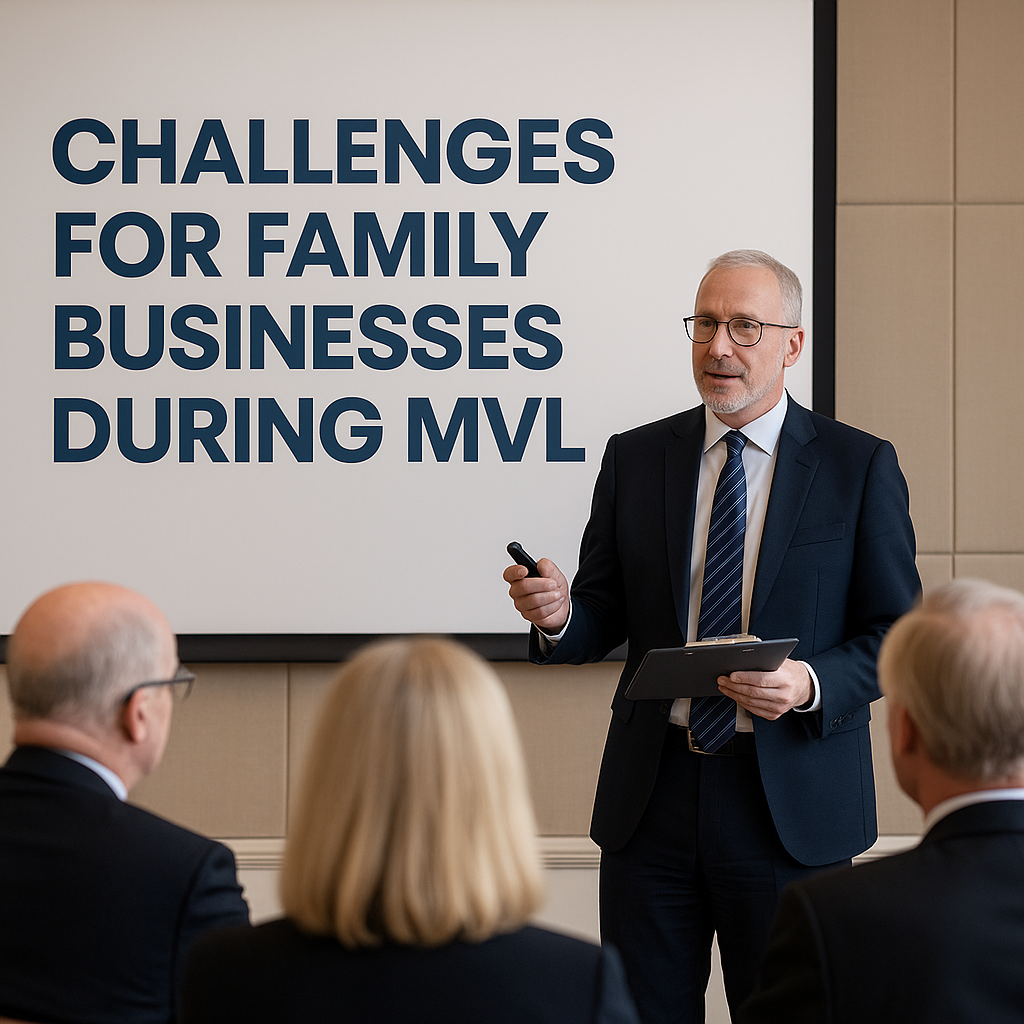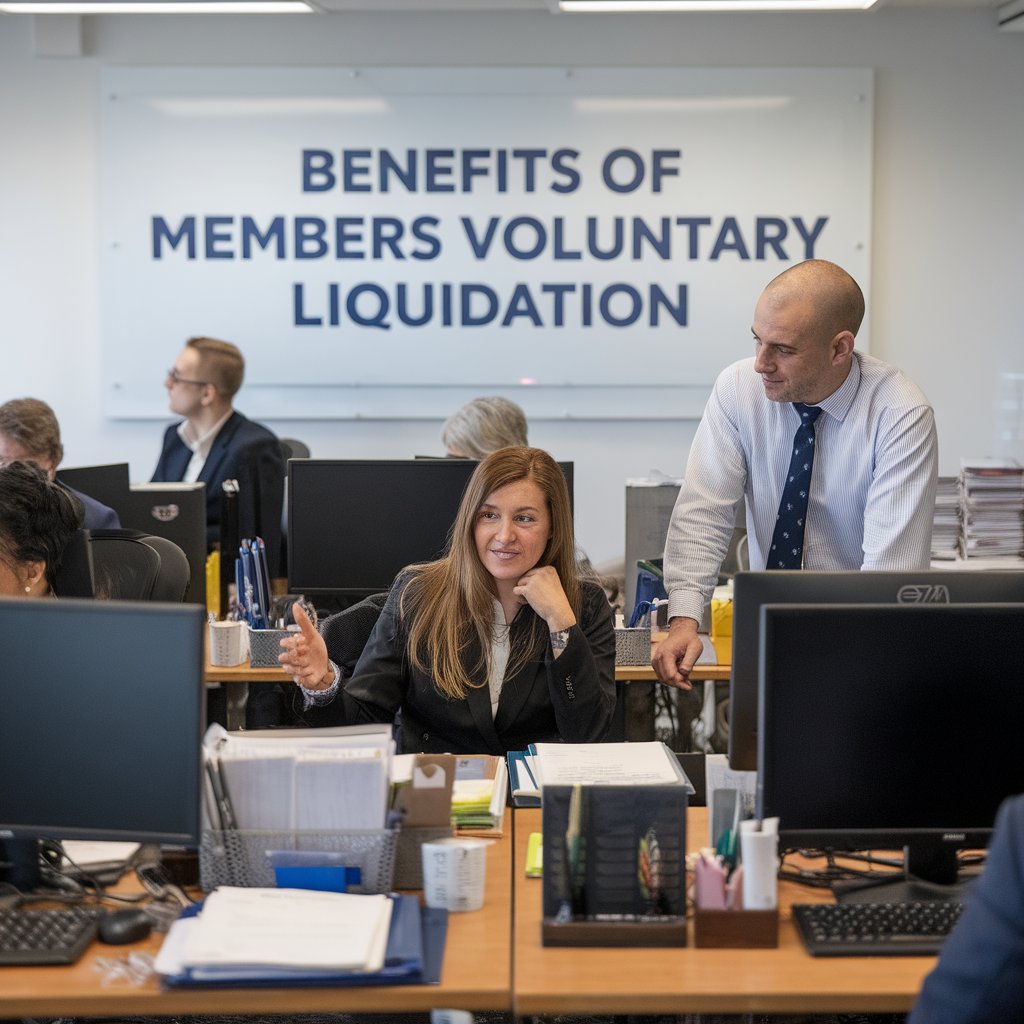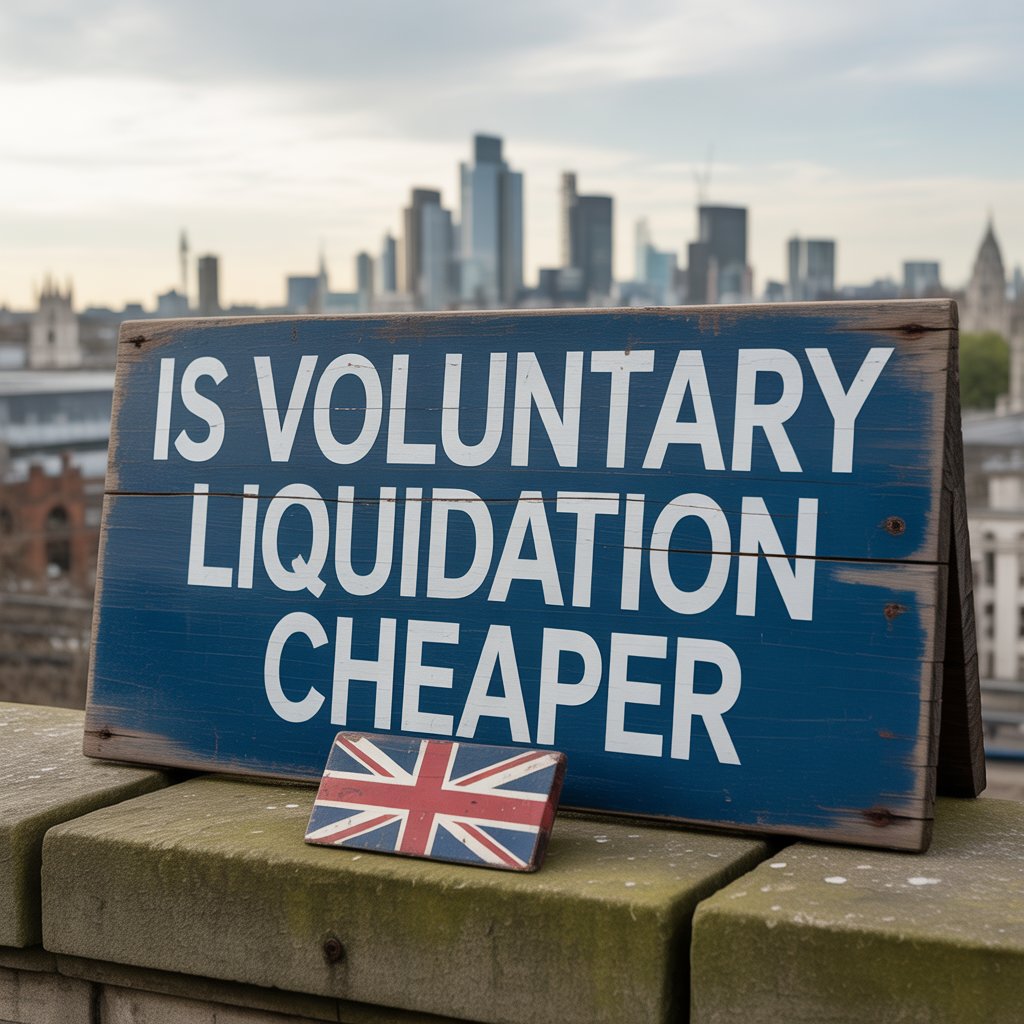In the UK, closing a struggling business can be daunting, especially when directors face mounting debts and urgent creditor demands. A major concern is finding closure methods that align with budget constraints. Naturally, many ask: is voluntary liquidation cheaper than other alternatives? From comparing compulsory liquidation expenses to exploring the cost of voluntary liquidation, understanding […]
Blogs
 Reducing Small Business Liquidation Expenses: A Comprehensive Guide
Reducing Small Business Liquidation Expenses: A Comprehensive Guide
In the UK, many company directors worry about the financial and legal hurdles of closing a failing business. Factors such as mounting creditor pressure, cashflow difficulties, or dwindling market demand can quickly lead to the need for professional assistance. When the time comes to shut down operations, finding ways of reducing small business liquidation expenses […]
 How Business Owners Use MVL for Retirement and Beyond
How Business Owners Use MVL for Retirement and Beyond
Retiring as a company owner should be a rewarding milestone, yet many directors worry about financial security, transitioning responsibly, and managing tax. In the UK, Members’ Voluntary Liquidation (MVL) offers a practical way to dissolve a solvent company and unlock accumulated profits in a tax-efficient manner. Through measures like Business Asset Disposal Relief (BADR), an […]
 How to Minimise Tax in MVL: A UK Director’s Essential Guide
How to Minimise Tax in MVL: A UK Director’s Essential Guide
Many directors consider Members’ Voluntary Liquidation (MVL) an ideal path for closing a solvent company under UK regulations. Beyond the straightforward wind-up process, an MVL can deliver powerful tax benefits, relieving directors of excessive Income Tax exposure and allowing them to benefit from capital gains treatment. This ensures you protect profits, secure a stronger financial […]
 Challenges for Family Businesses During MVL: Key Insights
Challenges for Family Businesses During MVL: Key Insights
Family businesses often carry strong emotional ties, financial interdependencies, and a shared vision for continued growth or retirement planning. When it comes to solvent closure through a Members’ Voluntary Liquidation (MVL), these bonds can create unique challenges. Directors and shareholders may fear potential disputes over distribution of family assets, or worry about tax implications affecting […]
 How to Avoid Disputes with HMRC in MVL
How to Avoid Disputes with HMRC in MVL
Begin by illustrating how challenging HMRC inquiries can become for directors aiming to close their company through a Members’ Voluntary Liquidation (MVL). Highlight the importance of swift tax clearance, accurate filings, and timely responses to HMRC checks. Emphasise that a well-managed MVL not only accelerates the closure process but also protects directors from potential creditor […]
 Key Benefits of Members Voluntary Liquidation Explained
Key Benefits of Members Voluntary Liquidation Explained
Many directors of solvent companies want to close their business in a way that preserves value and minimises tax. A members’ voluntary liquidation (MVL) is an official UK insolvency process that can offer peace of mind, ensuring assets are distributed to shareholders in a straightforward, compliant manner. At Nexus Corporate Solutions, we help directors navigate […]
 Director Responsibilities in MVL: Your Essential UK Guide
Director Responsibilities in MVL: Your Essential UK Guide
Directors embarking on a Members’ Voluntary Liquidation (MVL) often face a mix of relief and uncertainty. On one hand, this process can signal a planned wind-down of a solvent company. On the other, it comes with complex legal obligations. Understanding these director responsibilities in MVL is crucial for safeguarding corporate assets and preserving personal reputations. […]
 Top Alternatives to Company Voluntary Arrangement
Top Alternatives to Company Voluntary Arrangement
When a business encounters serious financial pressure, directors often turn to a Company Voluntary Arrangement (CVA). While a CVA can provide a structured route for managing debt, it is not always the most suitable solution. There are several effective alternatives to a company voluntary arrangement that may offer greater protection, flexibility, or long-term stability. At […]
 How to Avoid Liquidation With CVA
How to Avoid Liquidation With CVA
Facing mounting financial pressure can be overwhelming for any business owner. While liquidation may appear inevitable, it is not the only path forward. A Company Voluntary Arrangement (CVA) can provide a structured, legally binding way to manage debt while allowing a business to continue trading. With the right guidance, companies can protect jobs, safeguard relationships, and secure […]

Address: Apex Building, 1 Water Vole Way, Balby, Doncaster, South Yorkshire, DN4 5JP
Tel: 01302 430180
Services
Company



